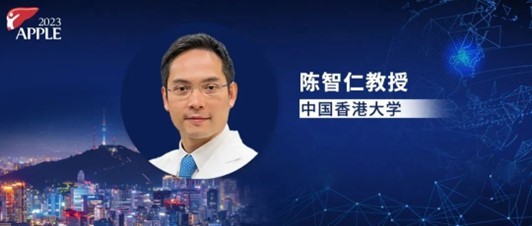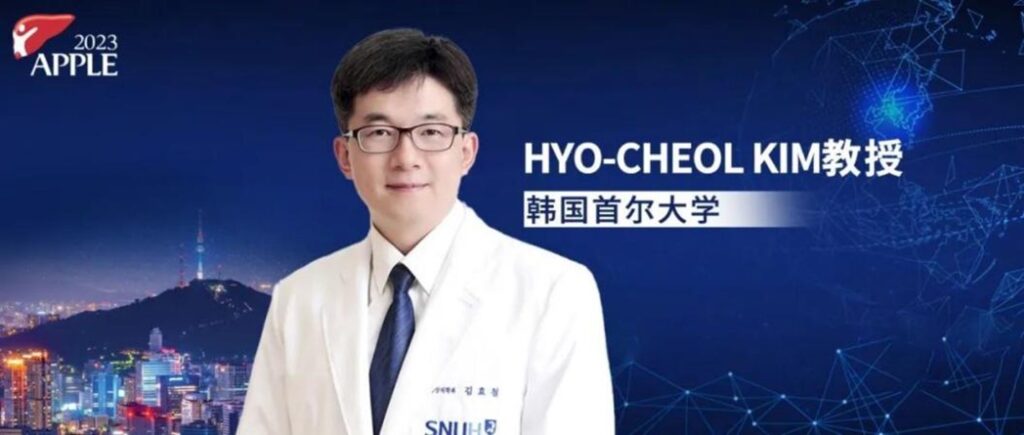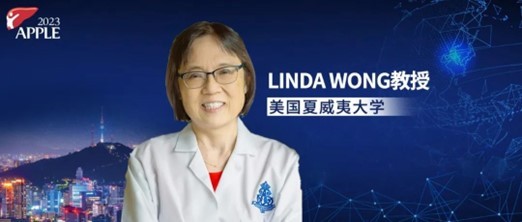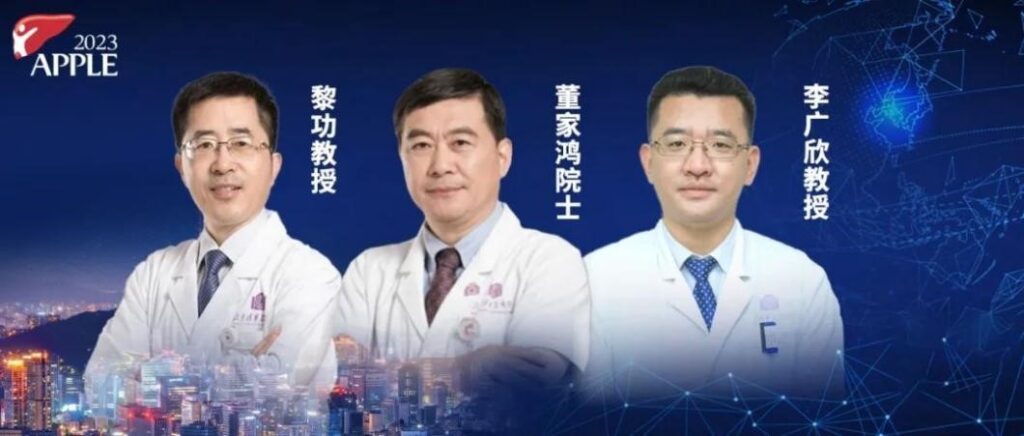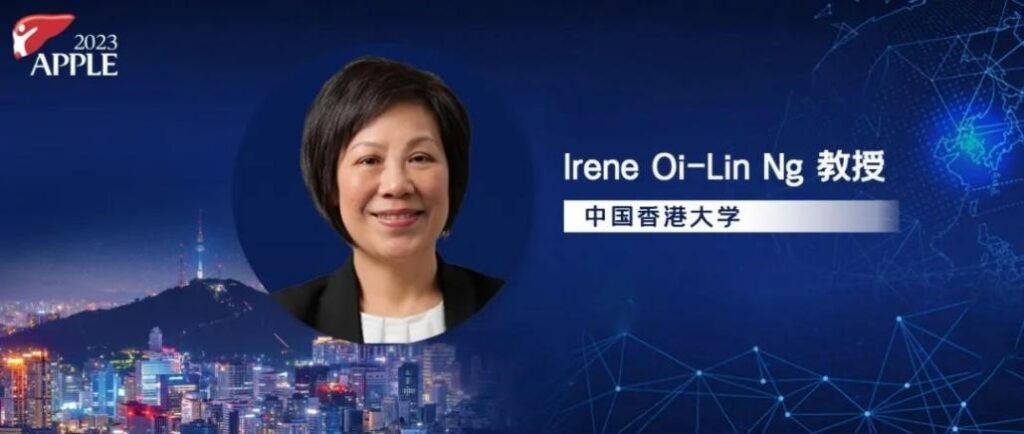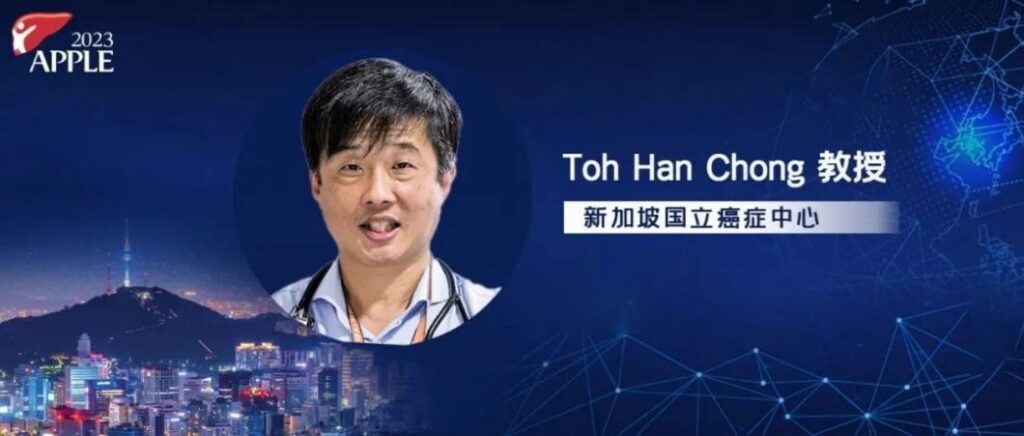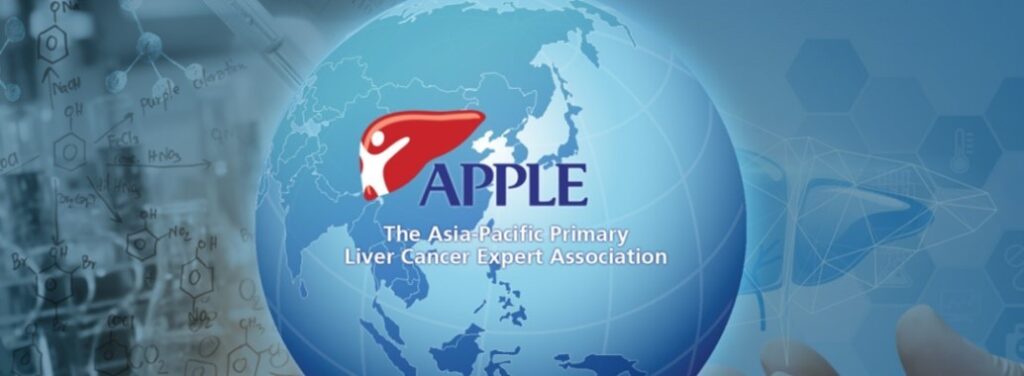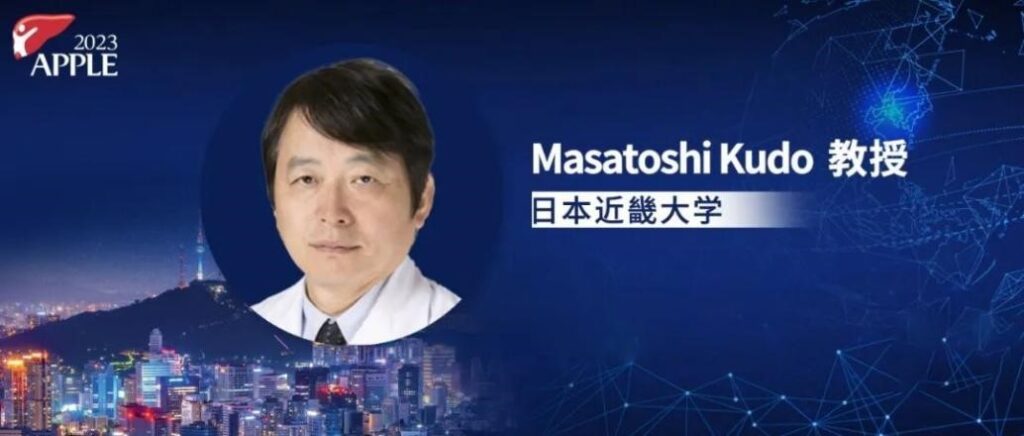Dr. Zhiren Chen: 3-year follow-up data from the START-FIT trial, showing an ORR of 67% for local advanced liver cancer patients
Hepatocellular carcinoma (HCC) is one of the most common malignant tumors in China. In recent years, with the continuous improvement of diagnosis and treatment, the misdiagnosis rate and mortality of early-stage HCC have greatly decreased. However, many patients are already at an advanced stage when liver cancer is detected, making curative treatment impossible. For these inoperable HCC (uHCC) patients, how to maximize the rescue of the patient's life remains a major challenge. The emergence of local treatments, targeted therapies, immunotherapies, and multidimensional combined treatments has promoted the transition of uHCC patients to earlier stages, enhancing their survival benefits. In 2022, the leading international journal, The Lancet Gastroenterology & Hepatology, published a single-arm Phase II clinical study called START-FIT by Dr. Zhiren Chen's team from the University of Hong Kong, China. This study assessed the efficacy and safety of TACE, SBRT, and PD-L1 inhibitors in treating patients with locally advanced uHCC. At the 13th Asia-Pacific Primary Liver Cancer Expert Meeting (APPLE 2023), the team presented the latest 3-year follow-up data from the START-FIT trial, garnering widespread attention. This report provides a comprehensive overview.

